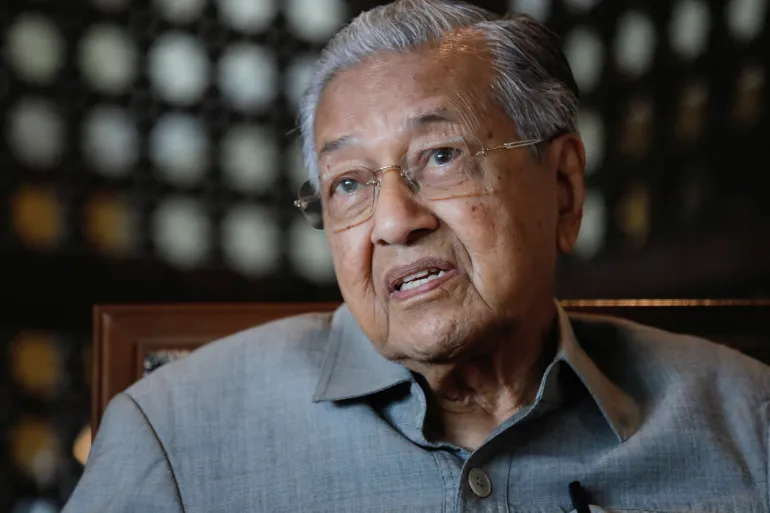The Legacy of Mahathir’s Policies: The Cost of National Unity
Mahathir Mohamad is one of the most influential leaders in Malaysia’s political history. During his tenure (1981–2003, 2018–2020), he implemented a series of “Malay-first” or Bumiputera policies aimed at uplifting the economic status of the Malay majority. While these policies produced short-term benefits for certain segments of society, they also deepened ethnic divisions, widened social inequality, and encouraged cronyism and corruption, leaving long-lasting effects on Malaysia’s governance and economy.
1. Ethnic Policies and Social Division
Mahathir’s government reinforced and expanded the Bumiputera Policy, originally intended to improve the socioeconomic position of Malays. However, in practice, it evolved into a system of institutionalized inequality:
-
Public university admissions were heavily biased toward Malay students;
-
The civil service became dominated by Malays;
-
Publicly listed companies were required to allocate 30% of their shares to Bumiputera investors.
Such measures left many non-Malay citizens feeling marginalized. As a result, countless talented Malaysians sought opportunities abroad, leading to a serious brain drain. While these policies appeared to protect Malay interests, they also fostered dependency and entitlement, undermining competitiveness and innovation among all communities.
2. Cronyism and Corruption
Another legacy of Mahathir’s long rule was the widespread use of the negotiated tender system, through which large government projects were awarded without open competition.
Though often justified as being in the “national interest,” this practice created fertile ground for patronage, corruption, and political favoritism.
Consequences included:
-
Massive financial losses to public funds;
-
Declining standards in infrastructure projects;
-
Institutionalized collusion between business and politics.
During certain periods, Malaysia’s fiscal deficit and public debt increased significantly, undermining economic efficiency and public trust in the government.
3. Political Manipulation and the Shaping of Social Mindsets
Mahathir’s strongman leadership style enabled him to craft the image of a “protector of Malay rights.” Many supporters believed his policies were designed to ensure fairness for their community. However, this narrative ignored the true social cost of his political strategy — the deepening of ethnic polarization and mutual distrust.
Ethnic-based politics gradually replaced meritocracy and good governance as the foundations of national policy. Over time, Malaysia’s politics became more about identity and loyalty than about performance and integrity.
4. A Contrast with Lee Kuan Yew
Mahathir is often compared with Singapore’s founding Prime Minister, Lee Kuan Yew.
Lee emphasized institutional integrity, equality, and efficiency, focusing on education, meritocracy, and strict anti-corruption laws to build a competitive nation.
Mahathir, in contrast, relied on ethnic politics and centralized power, achieving political stability in the short term but weakening institutional independence and social cohesion in the long term.
This contrast reflects two fundamentally different philosophies of governance:
-
One that builds confidence through equal opportunity and fairness,
-
Another that maintains loyalty through ethnic preference and political patronage.
5. Conclusion
There is no denying that Mahathir Mohamad played a decisive role in shaping modern Malaysia. Yet the long-term effects of his ethnic-based policies and patronage system remain among the country’s most serious structural challenges today.
True national progress must rest on the foundations of equality, justice, and transparency, not on race-based favoritism or political loyalty.
History will ultimately judge every leader, but it is clear that Malaysia’s future depends not on division, but on unity, fairness, and clean governance.
Related articles:
1. The Dangers of PAS’s Religious Political Agenda: Malaysia at a Crossroads
2. Corruption — The Most Lethal Cancer of a Nation
3. The Grave Dangers of Merging Politics and Religion: A Fatal Threat to Pluralistic Societies
4. Those who always use race and religion issues to seek political gains are morally corrupt leaders

